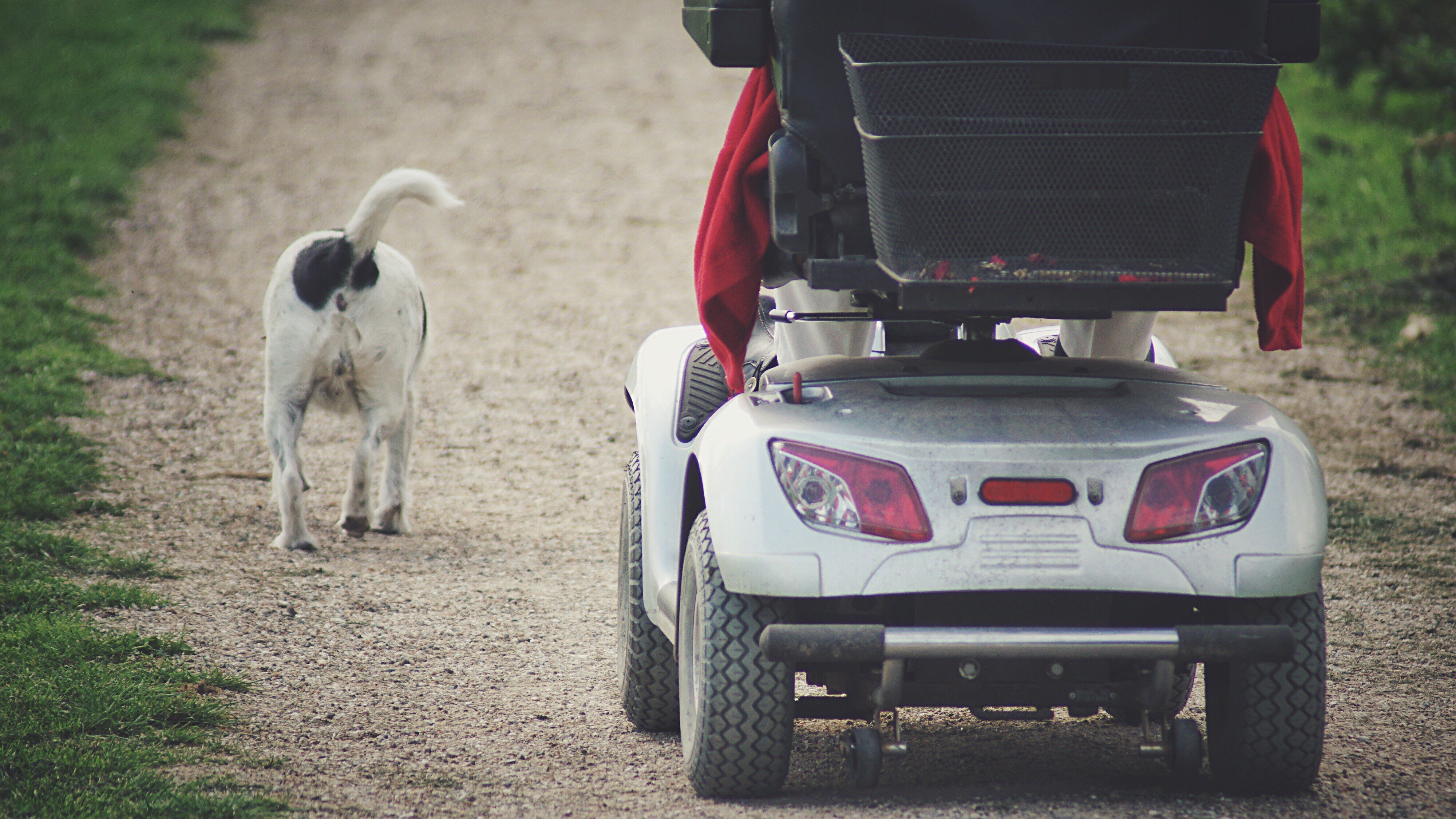Mobility Scooters: A Comprehensive Guide
Mobility scooters have actually become a necessary mode of transportation for numerous individuals facing mobility challenges. This post explores the numerous aspects of mobility scooters, including their types, advantages, functions, and a guide for potential purchasers.
Comprehending Mobility Scooters
Mobility scooters are electrically powered devices created for people with minimal mobility. They provide a way of transport for individuals who may have trouble strolling but still desire to keep their independence. They come in various styles and features to deal with a wide variety of needs.
Types of Mobility Scooters
Mobility scooters can normally be classified into three primary types:
| Type | Description | Best For |
|---|---|---|
| Compact Scooters | These are small and lightweight, ideal for inside and short trips. | Users with limited storage space or those who travel typically. |
| Mid-size Scooters | A balance between portability and stability, suitable for both indoor and outdoor usage. | Those who require to cover a range of surfaces. |
| Sturdy Scooters | Big and robust, designed for rugged outside use and heavier people. | Users needing extra weight capability or going off-road. |
Secret Features of Mobility Scooters
The choice of mobility scooter frequently depends upon the functions that line up with individual requirements. Here are some of the key functions to think about:
- Weight Capacity: Mobility scooters include various weight limitations. It is crucial to choose a scooter that can sufficiently support the user's weight.
- Range: The range a scooter can travel on a single charge varies. Depending on user needs, one might decide for scooters with a series of up to 40 miles.
- Speed: Most mobility scooters can reach speeds between 4 to 8 miles per hour. Consider what speed is comfortable and safe for the intended environment.
- Turning Radius: A compact turning radius is important for indoor usage, enabling for simpler navigation in tight spaces.
- Battery Type: The type of batteries utilized can affect the scooter's performance. Lead-acid and lithium-ion batteries are the most common.
Benefits of Using Mobility Scooters
The benefits of mobility scooters extend beyond simply transportation. Some crucial advantages include:
- Independence: Users can browse their environment without relying on caregivers, promoting self-reliance and self-confidence.
- Health Benefits: Using a scooter can encourage outside activity, causing physical and psychological health enhancements by minimizing feelings of isolation.
- Convenience: Scooters can quickly be run in different environments, whether inside, in shopping malls, or outdoors.
Essential Considerations When Buying a Mobility Scooter
When acquiring a mobility scooter, several considerations can help guarantee that you pick the right model:
Assess Individual Needs:
- Mobility level: Consider how much support the individual will need.
- Range of use: Determine where the scooter will mainly be used (indoors, outdoors, on rough terrains, etc).
Test Drive:
- Always test drive several designs to discover an appropriate fit. Take www.mymobilityscooters.uk of convenience, ease of steering, and the scooter's responsiveness.
Review Safety Features:
- Look for scooters with appropriate security functions like lights, indications, and anti-tip designs.
Inspect Warranty and Service Options:
- A trustworthy warranty and readily available service choices are vital for long-lasting usage.
Frequently Asked Questions about Mobility Scooters
1. How quickly do mobility scooters go?Mobility scooters typically have speeds ranging from 4 to 8 mph, with most developed for safety instead of high-speed travel. 2. Exist weight constraints on mobility scooters?Yes, mobility
scooters include particular weight limits, often ranging from
250 pounds to over 500 lbs, depending on the model. 3. Can mobility scooters be used indoors?Certain designs, especially compact scooters, are particularly developed for
indoor usage and are easier to steer in tight spaces. 4. How typically do the batteries require to be replaced?Battery life can differ based on use, but generally, with proper care, batteries may last in between 1 to 3 years before needing replacement
. 5. Are mobility scooters covered by insurance?Coverage can vary, however some insurance coverage plans, including Medicare and Medicaid, might cover part of the expense. It's suggested to talk to specific insurance service providers. Mobility scooters work as a
important tool for numerous individuals, allowing them to keep
their liberty and independence. By comprehending the different types and features of mobility scooters, individuals can make informed choices tailored to their specific needs.
Whether utilized for errands, mingling, or leisurely activities, mobility scooters can enhance the lifestyle for those with mobility limitations. Purchasing a mobility scooter is a decision that can significantly impact an individual's every day life. Therefore, individuals should thoroughly assess their alternatives and select a model that best lines up with their way of life and mobility requirements
.

